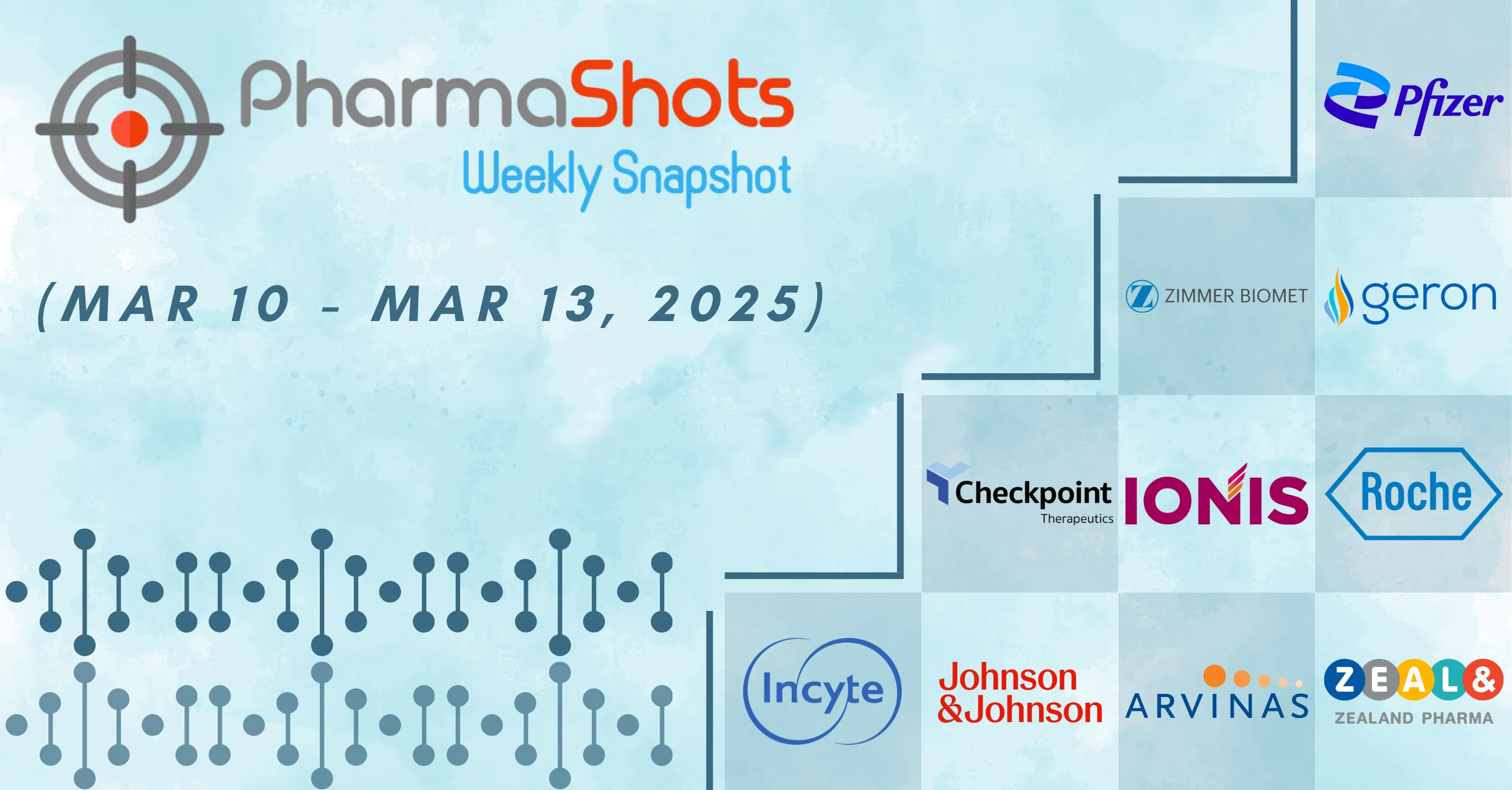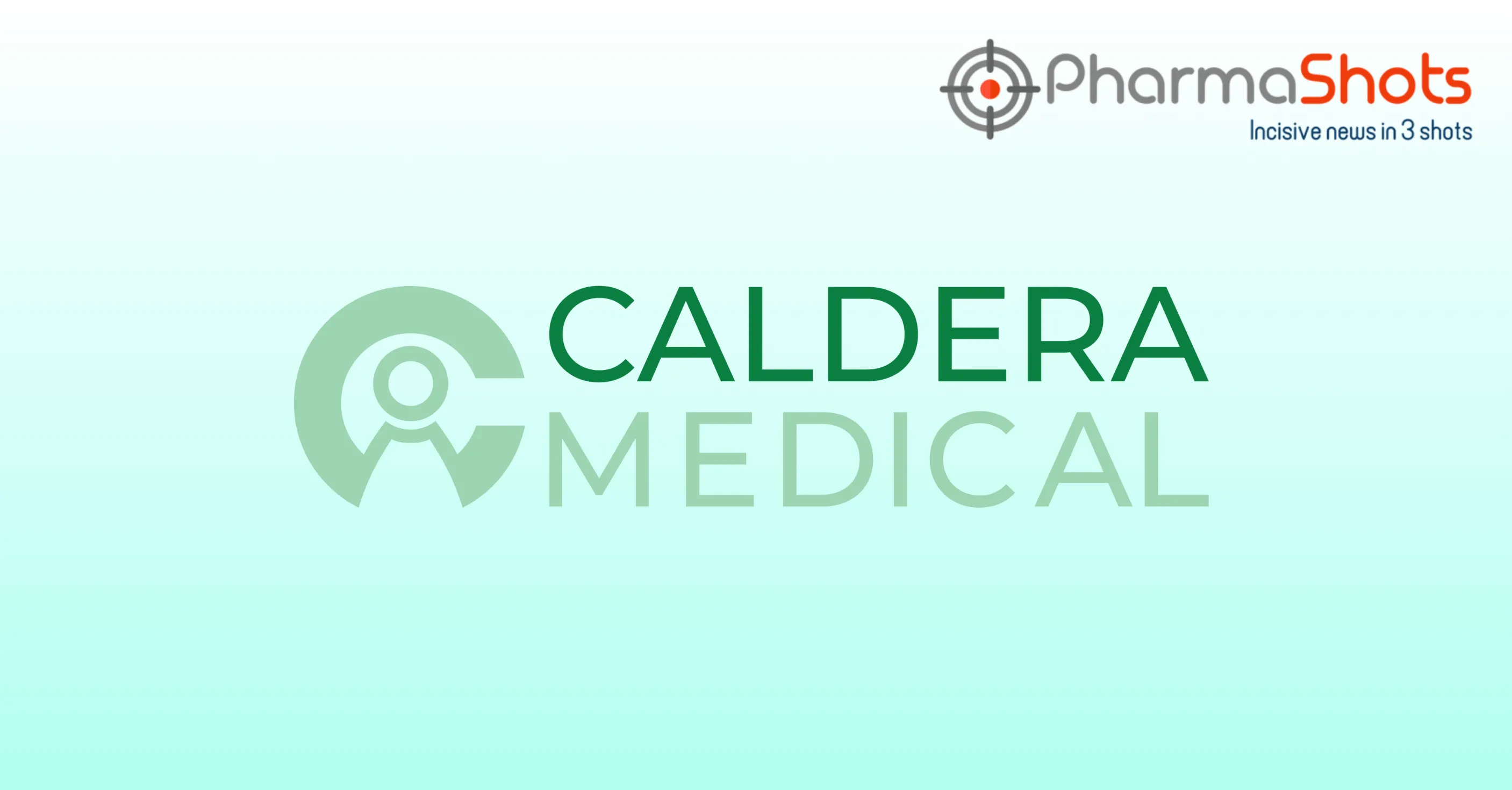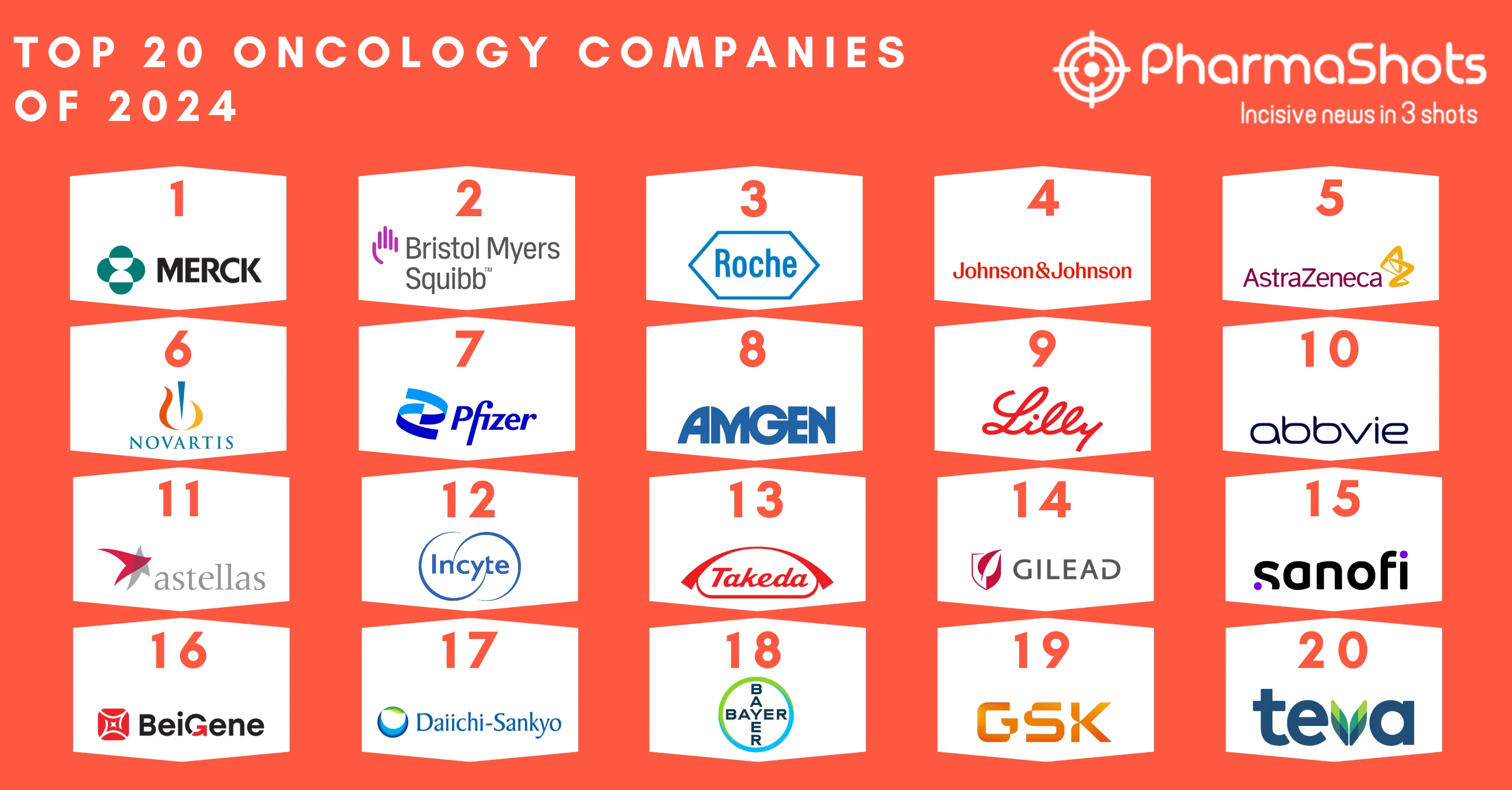
Over Prescribed Medications and its Impact
Introduction:
'Over-prescription' is defined as the action of prescribing a drug or treatment in greater amount or on more occasions than necessary. Overprescribing, in general in health care, has been a subject of frequent study. For instance, research published in 2018 found that 46% of a half-million outpatient antibiotic prescriptions were written by clinicians without diagnoses of infection.1
A recent survey conducted in the USA shows an increasing amount of prescribed medication therapy. Overprescribing is a major issue in the medical world. Unfortunate statistics show that the number of patients receiving unnecessary prescriptions is rising. This growing problem leads to the misuse and abuse of prescription drugs. A doctor might prescribe a drug. But it can still have the same addictive and damaging qualities as an illegal high.
Over-prescribed drugs & factors:
Different drugs such as opioids, proton pump inhibitors (PPIs), antibiotics, antidepressants are generally overprescribed.
- Opioids:
Opioids are generally used in the treatment of short-term pain which generally occurs after the surgery. They are generally safe for short-term use when used in an appropriate dose. However, tolerance develops rapidly to opioids within weeks of use. Therefore, to maintain the benefits of opioids, it is necessary to increase the doses of opioids. Furthermore, increasing the dose and duration of opioids elevate the risk of dependence and addiction.2,3
The national survey conducted in 2015 shows that 38.7% of US adults use prescribed opioids in 2015 and an estimated 13.4 million of them misused or abused them.4
The long-term prescription of opioids leads to adverse effects such as constipation (35%), sleep-disordered breathing (25%), sexual dysfunction (25 to 75%), sedation (15%).5 Opioids to treat chronic pain represent the case of overprescribing of most concern.
Table 1: Example of medication which continued and leads to over prescription6

- PPIs:
PPIs suppress acidity in are generally prescribed in the treatment of ulcers, GERD, esophageal lining erosion, and some gastrointestinal disorders. PPIs are approved by the Food and Drugs Administration (FDA) in the treatment of Helicobacter pylori ( 10 days), heartburn (2 weeks), GERD (8 weeks), and ulcers (2 to 6 months). 7,8 However, a community survey indicated that 60% of the patients remained on PPIs for over one year period and 31% of them remained on PPIs for more than 3 years. 9 Long-term consumption of PPIs increases the risk of fractures, gastric polyps, low magnesium levels in the blood, Clostridium difficile infections, and anemia. Also, it is hard to discontinue maintained PPI use because 44-59% of patients experience symptomatic withdrawal (which occasionally can last for weeks) after the medication is discontinued.10,11
PPIs are the most commonly prescribed drug by primary care physician and is found to be effective in the treatment of indigestion. The data suggest that over 60% of the patients consuming PPIs do not have labeled or licensed indication for taking PPIs or any [proved diagnosis.12
- Antibiotics:
Antibiotic resistance is considered a challenge not only to the medical fraternity but also for researchers. It is generally accelerated by the overuse of antibiotics in general practice. Over-prescription of antibiotics is generally associated with increased risk of side effects, self-medication by the patient, and more frequent re-attendance. Antibiotic overprescription is a major issue in general practitioners and respiratory tract infection is the leading cause for their prescription.13
- Antidepressants:
Antidepressants particularly serotonin reuptake inhibitors (SRI) provide additional benefits in patients with major depression disorder (MDD). However, the long-term use of antidepressants raises the risk of impaired sexual function, agitation diabetes, low bone density, and hypertension. Furthermore, at least 35% of persons who take antidepressants beyond 6 weeks experience unpleasant withdrawal symptoms when the drug is abruptly stopped or its dose is reduced.14,15
- Polypharmacy:
It means consuming five or more prescribed medications in the prior month which is more common in elderly patients. 16
Impact of Overprescription:
Overprescription of medicine can affect different
- Adverse consequences
Overuse of antidepressants, antibiotics etc. can lead to toxicity or unpleasant side effects on the patient. Antidepressants such as selective serotonin reuptake inhibitors are associated with a more than two-fold rise in the risk of falls in older adults (= 60 years) when over-prescribed. In comparison to the general population, the older age group possesses a high risk of injury, severe bleeding and significant neurological and musculoskeletal trauma, which is increased at an alarming rate.17
Over-prescription of antibiotics increases the risk of adverse events in patients. Antibiotics account for approximately 20% of all drug-related emergency department visits in the United States. Although nearly 80% of these visits are attributable to allergic reactions, certain commonly prescribed antibiotics contribute to conditions that range from gastrointestinal to neurologic and psychiatric disorders. The adverse effect occurred due to antibiotics are mild, but some are life-threatening such as hepatotoxicity due to amoxicillin and clavunate.18,19,20
- Overdose or over-use of drugs:
During the late 1990s, the pharmaceutical industry reassured that patients would not be addicted to prescription opioid pain relievers and therefore healthcare providers started prescribing them at a higher rate. It subsequently led to widespread diversion and misuse of these medications before it became clear that these medications could indeed be highly addictive. Opioid overdose rates began to increase. In 2017, more than 47,000 Americans died as a result of an opioid overdose, including prescription opioids, heroin, and illicitly manufactured fentanyl, a powerful synthetic opioid.21,22,23
Excessive prescription of antibiotics is also associated with overdose of antibiotics in adults as well as in children. Aggressive antibiotic use can wipe out many good bacteria from the intestine and leaves antibiotic immune bacteria behind to flourish in the intestine.24
- Increase in resistance to the therapeutic doses:
Over-prescription of antibiotics increases their consumption too often for the wrong reason and can change bacteria so much that antibiotics dont work against them. The phenomenon is known as bacterial resistance or antibiotic resistance. Some bacteria are now resistant to even the most powerful antibiotics available. Antibiotic resistance is a growing problem due to the over-prescription of antibiotics. According to the European Centre for Disease Prevention and Control, 25,000 people in Europe die each year as a direct result of resistant infection.25
- Increases healthcare cost & hospitalization stay:
According to the CDC, in the United States alone, antibiotic resistance could add about $1,400 to the hospital bill for treating patients with any bacterial infections. This additional cost could go up significantly to more than $2 billion every year.
Treating patients with resistant infections by using a combination of regimens may be ineffective; as a result, compared to other patients, they may need longer hospitalization stays as well as more intensive care units (ICUs) and isolation beds in order to prevent the spread of the infection.26
In the case of psychotropic drugs, The Centers for Disease Control and Prevention estimates that the total "economic burden" of prescription opioid misuse alone in the United States is $78.5 billion a year, including the costs of healthcare, lost productivity, addiction treatment, and criminal justice involvement.27
- Prescription drug abuse:
Prescription drug abuse is the use of prescription medication in a way that the prescribing doctor did not intend. Prescription drug abuse or problematic use can range from using a friend's prescription pain reliever for a backache to snorting or injecting ground-up pills to get high. Despite the negative consequences, drug abuse can become chronic and compulsive. Prescription drug abuse is a growing issue that can affect people of all ages, including teenagers. Opioid pain relievers, anti-anxiety medications, sedatives, and stimulants are the most commonly abused prescription drugs. Because commonly abused prescription drugs activate the brain's reward center, it's possible to develop physical dependence and addiction.28
Table 2: Most commonly abused prescription medicine29

Conclusion:
Overprescribing is a major problem in medicine. Regrettably, statistics show that the number of patients who receive unnecessary prescriptions is increasing. This growing issue leads to prescription drug misuse and abuse. A drug may be prescribed by a doctor. However, it can have the same addictive and damaging properties as an illegal high. Overprescribing can affect anyone, whether or not they have a medical condition. It makes drugs more readily available. It also encourages their illegal sale on the black market. Overprescribing is becoming more widely recognized as a risk. However, there is still a long way to go in terms of implementing administrative changes to make it more controlled.
References:
- Infectious Diseases Society of America. "Outpatient antibiotic overprescribing rampant: Nearly half written without infection diagnosis, suggests study of 500,000-plus prescriptions." ScienceDaily. ScienceDaily, 5 October 2018
- Sandhu H, Underwood M, Furlan AD, Noyes J, Eldabe S. What interventions are effective to taper opioids in patients with chronic pain? BMJ. 2018 Sep 27;362:k2990.
- Ashburn MA, Fleisher LA. Increasing Evidence for the Limited Role of Opioids to Treat Chronic Noncancer Pain. JAMA. 2018 Dec 18;320(23):2427-2428
- Han B, Compton WM, Blanco C, Crane E, Lee J, Jones CM. Prescription Opioid Use, Misuse, and Use Disorders in U.S. Adults: 2015 National Survey on Drug Use and Health. Ann Intern Med. 2017 Sep 5;167(5):293-301.
- Baldini A, Von Korff M, Lin EH. A Review of Potential Adverse Effects of Long-Term Opioid Therapy: A Practitioner's Guide. Prim Care Companion CNS Disord. 2012;14(3):PCC.11m01326.
- Elbeddini A, et al. BMJ Open Quality 2021;10:e001509
- https://www.accessdata.fda.gov/drugsafda_docs/label/2014/022101s01402157s17021153s050lbl.pdf
- Metz DC. Long-term Use of Proton-Pump Inhibitor Therapy. Gastroenterol Hepatol (N Y). 2008 May;4(5):322-5
- Pasina L, Urru SA, Mandelli S, Giua C, Minghetti P; SGCP Investigators. Evidence-based and unlicensed indications for proton pump inhibitors and patients' preferences for discontinuation: a pilot study in a sample of Italian community pharmacies. J Clin Pharm Ther. 2016 Apr;41(2):220-3
- Eusebi LH, Rabitti S, Artesiani ML, Gelli D, Montagnani M, Zagari RM, Bazzoli F. Proton pump inhibitors: Risks of long-term use. J Gastroenterol Hepatol. 2017;32(7):1295'1302
- Heidelbaugh JJ, Kim AH, Chang R, Walker PC. Overutilization of proton-pump inhibitors: what the clinician needs to know. Therap Adv Gastroenterol. 2012;5(4):219'232
- Friedenberg FK, Hanlon A, Vanar V, Nehemia D, Mekapati J, Nelson DB, Richter JE. Trends in gastroesophageal reflux disease as measured by the National Ambulatory Medical Care Survey. Dig Dis Sci. 2010;55(7):1911'1917.
- Llor C, Bjerrum L. Antimicrobial resistance: risk associated with antibiotic overuse and initiatives to reduce the problem. Ther Adv Drug Saf. 2014;5(6):229-241.
- Hegerl U, Schonknecht P, Mergl R. Are antidepressants useful in the treatment of minor depression: a critical update of the current literature. Curr Opin Psychiatry. 2012;25(1):1'6.
- Safer DJ. Raising the minimum effective dose of serotonin reuptake inhibitor antidepressants: adverse drug events. J Clin Psychopharmacol. 2016;36(5):483'491.
- Safer DJ. Overprescribed Medications for US Adults: Four Major Examples. J Clin Med Res. 2019;11(9):617-622. doi:10.14740/jocmr3906
- Alduhishy M. The overprescription of antidepressants and its impact on the elderly in Australia. Trends Psychiatry Psychother. 2018 Jul-Sep;40(3):241-243. doi: 10.1590/2237-6089-2016-0077.
- Chang CY, Schiano TD. Review article: drug hepatotoxicity. Aliment Pharmacol Ther. 2007 May 15;25(10):1135-51
- Lode H. Safety and tolerability of commonly prescribed oral antibiotics for the treatment of respiratory tract infections. Am J Med. 2010 Apr;123(4 Suppl):S26-38.
- CDC/NCHS, National Vital Statistics System, Mortality. CDC WONDER, Atlanta, GA: US Department of Health and Human Services, CDC; 2019. https://wonder.cdc.gov.
- Morone NE, Weiner DK. Pain as the fifth vital sign: exposing the vital need for pain education. Clin Ther. 2013;35(11):1728-1732.
- Van Zee A. The Promotion and Marketing of OxyContin: Commercial Triumph, Public Health Tragedy. Am J Public Health. 2009;99(2):221-227.
- https://www.healthline.com/health-news/five-unintended-consequences-antibiotic-overuse-031114#3.-Antibiotics-Help-Teach-Good-Bacteria-to-Go-Bad
- European Centre for Disease Prevention and Control (2011) Antimicrobial resistance surveillance in Europe. Annual report of the European Antimicrobial Resistance Surveillance Network (EARS-Net). Available at: http://www.ecdc.europa.eu/en/publications/Publications/antimicrobial-resistance-surveillance-europe-2011.pdf
- https://www.who.int/news-room/fact-sheets/detail/antibiotic-resistance
- Dadgostar P. Antimicrobial Resistance: Implications and Costs. Infect Drug Resist. 2019;12:3903-3910. Published 2019 Dec 20.
- Florence CS, Zhou C, Luo F, Xu L. The Economic Burden of Prescription Opioid Overdose, Abuse, and Dependence in the United States, 2013. Med Care. 2016;54(10):901-906.
- https://www.mayoclinic.org/diseases-conditions/prescription-drug-abuse/symptoms-causes/syc-20376813
- https://www.bemedwise.org/what-is-medicine-abuse-drug-abuse/
Source: Mission Harbor Behavioral Health
About Co-Author:

Parshuram Nivrutti, M.Pharm currently serves as Assistant Manager, Medical Affairs Executive in IntelliMed Healthcare Solutions.
Tags

This content piece was prepared by our former Senior Editor. She had expertise in life science research and was an avid reader. For any query reach out to us at connect@pharmashots.com














